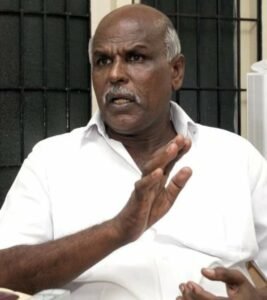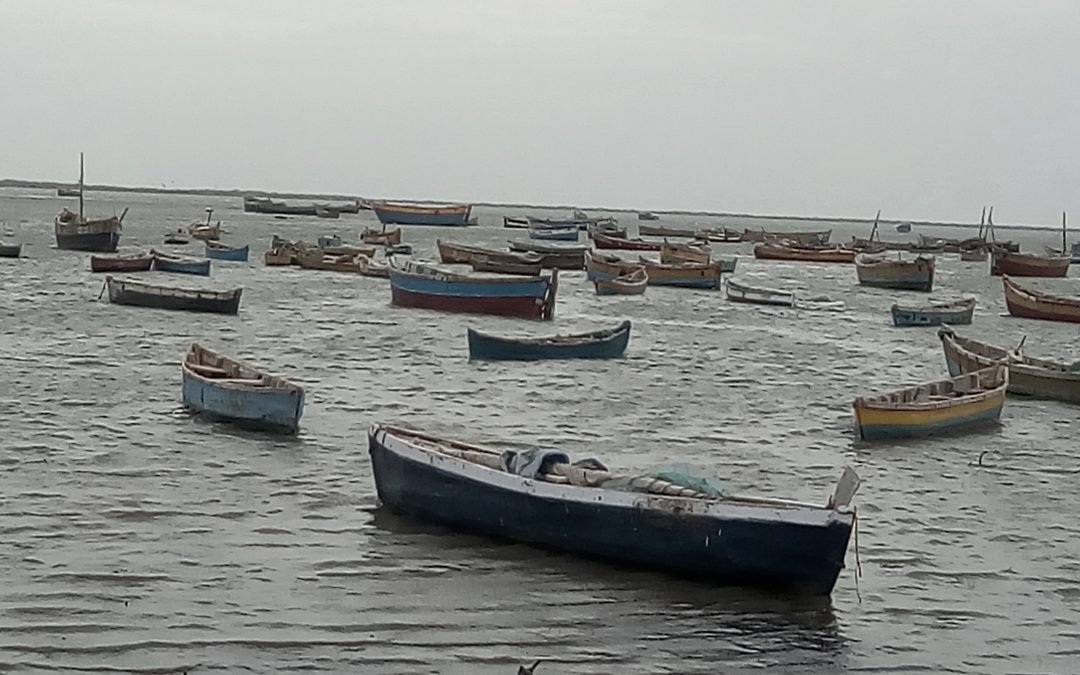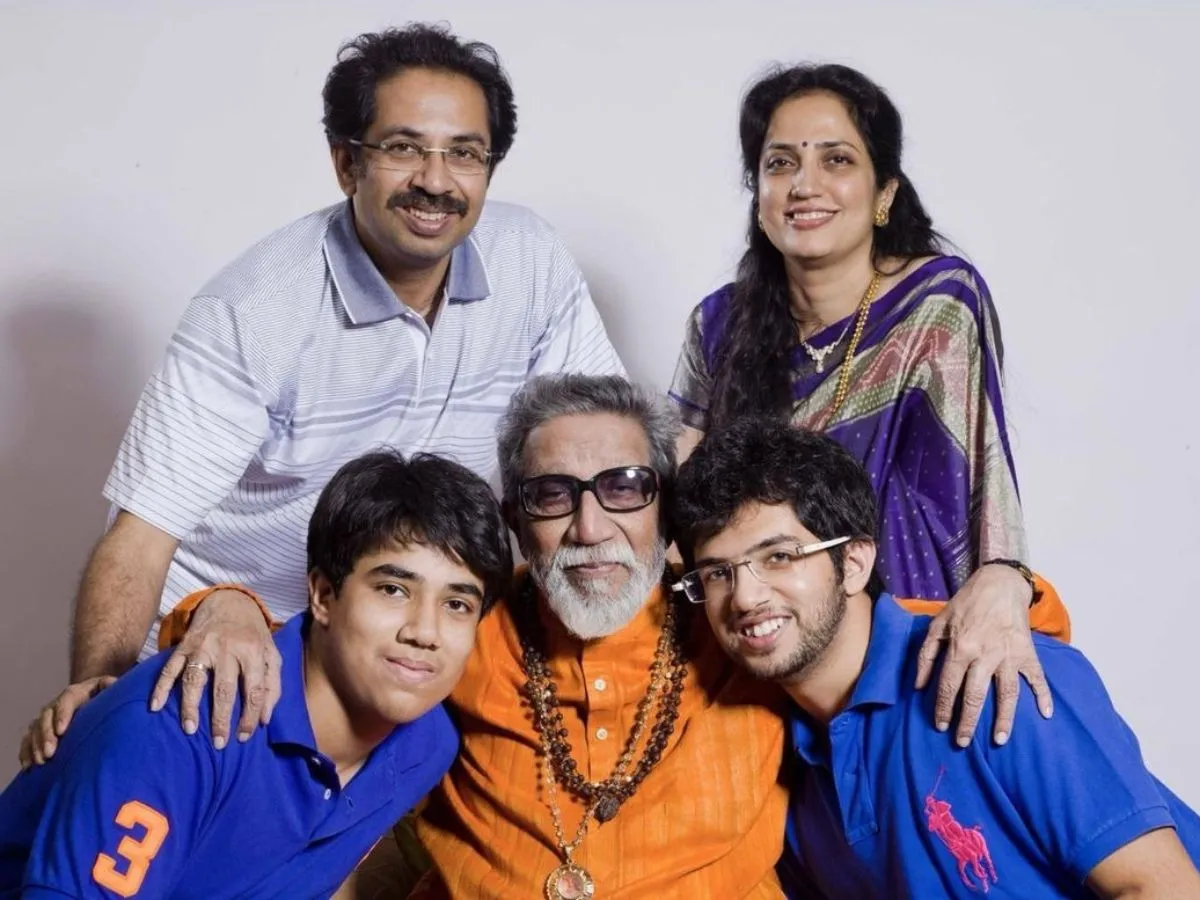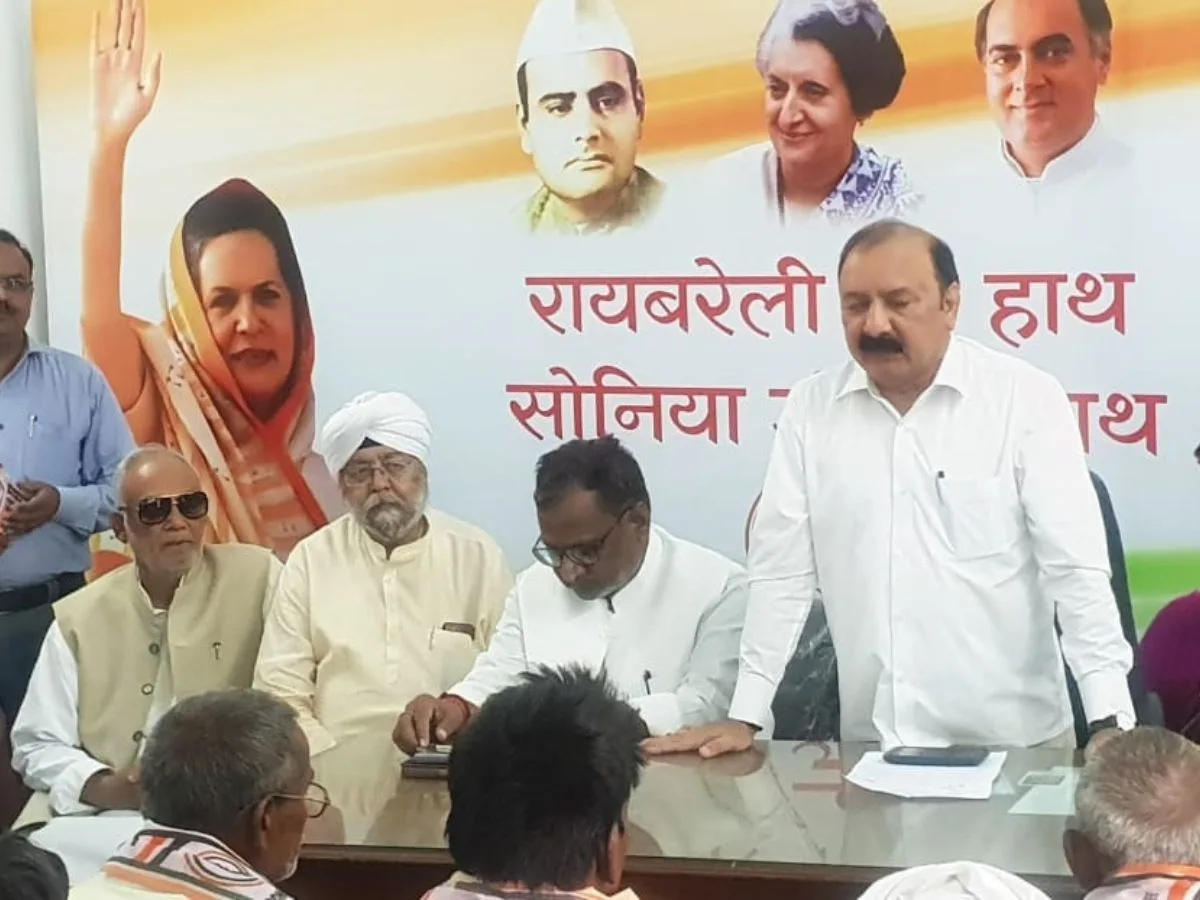After a fruitful life of 75 years and 50 years of service to the fishermen community, U Arulanandam of Alliance for the Release of Innocent Fishermen at Pamban in Rameswaram Island passed away on Sunday after suffering a cardiac arrest.
Tamil fishermen arrested by the Sri Lankan navy could be flash news for many. The ones who did not understand the issue fully would have directed their anger either on the Sri Lankan navy or on our fishermen. For decades, one outfit or the other has been using it for their political mileage.

U Arulanandam
But the row between Indian and Sri Lankan fishermen is more complex in which people like Arulanandam played a significant role. Under the Blue Revolution scheme, the Indian government tried to modernize the fishing sector with the help of Norway by the 1970s.
The fishermen were provided subsidies to procure mechanized boats and modern fishing gear. But modernization came with its own baggage. Under the pact, the Indian fishermen were taught trawl netting, something suitable for temperate waters and it is still debatable if that technology was good enough for a country like India surrounded by tropical waters.
As the coasts quickly adopted mechanized fishing, the number of fishing crafts leaped. At the same time, the civil war started in Sri Lanka in 1983. The prolonged civil war kept the Sri Lankan Tamil fishermen confined to their shores. The Palk Strait and Gulf of Mannar with their extremely rich biodiversity have become the sole fishing grounds of Indian fishermen especially from the districts like Nagapattinam, Pudukottai, Ramanathapuram and Union Territory Karaikal.
With the civil war turning intense in the Island nation, the Indian fishermen venturing into their traditional fishing grounds at the Gulf of Mannar and Palk Strait fell prey to the bullets of the Sri Lankan navy. The allegations that Indian fishermen are smuggling supplies to Liberation Tigers of Tamil Eelam and other outfits fueled their anger.
Arulanandam used to narrate how he buried some of the Indian fishermen from Rameswaram in the Sri Lankan soil because the bodies were decomposed. During the Norway-backed ceasefire between LTTE and Sri Lankan army, LTTE started objecting to the Indian fishermen fishing in their territorial waters. In spite of all this, the Indian fishermen from Tamil Nadu coasts used to fish in the Lankan waters and there were cases of firing and deaths of fishermen often.
When the civil war ended in 2009, the free run the Indian fishermen enjoyed came to an end. The Sri Lankan navy tightened their grip in Palk Strait and started apprehending the Indian fishermen. Though the fishermen claim that the Gulf of Mannar is their traditional fishing grounds, the clear demarcation of the International Maritime Boundary Line running between pushed most of their grounds into the territorial waters of Sri Lanka.
Arulanandam became the lone point of contact to facilitate the release of Indian fishermen. As soon as they learned the news of their men caught by the Sri Lankan navy, the womenfolk would rush to the tiled house of Arulanandam in Pamban.
Indian agencies are of little help because the fishermen are technically violating the maritime boundary of the Island nation. Nothing much could be done to prevent the attack on Indian fishermen beyond the International Maritime Boundary Line. It is at this point, Arulanandam became the lone point of contact to facilitate the release of Indian fishermen. As soon as they learned the news of their men caught by the Sri Lankan navy, the womenfolk would rush to the tiled house of Arulanandam in Pamban. And, he was always available to help them.
He liaised between the Indian and Sri Lankan authorities to secure the release of fishermen lodged in the Sri Lankan prisons. In the same manner, Arulanandam secured the release of Sri Lankan fishermen when they were caught by the Indian side. Indian or Sri Lankan, they were all one for him, fishermen at the end of the day.
His efforts to secure the freedom of five Thangachimadam fishermen who were sentenced to death by Sri Lankan court on charges of drug peddling in 2014 are praise-worthy. It was a long struggle for the families and the fishermen community. The Tamil Nadu government stood behind the community and Arulanandam like a solid rock till the fishermen were released after the presidential pardon at the island nation.
“He was a beacon of hope for us,” says B Jesuraja, a fishermen leader from Rameswaram. Jesuraja also recalled how the veteran fishermen leader facilitated the talks between Indian and Sri Lankan fishermen way back in 2004. “Under South Indian Fishermen Society, he conducted the first round of fishermen talks. The state government took over the talks from 2010,” he said.
Arulanandam knew the arrests and attacks would stop only when an amicable solution was found among the fishermen of both countries. In spite of four rounds of talks which he presided over, the stalemate could not be broken. The bone of contention is the destructive fishing methods like trawling used by Indian fishermen. The Sri Lankan side wants the Indian side to stop trawling at once while the Indian side keeps asking for time frame to switch over to better fishing practices.
As much as he negotiated for his counterparts with the Sri Lankan side, Arulanandam was aghast when the Indian side was least bothered to honour the demands of Sri Lankan fishermen. “Looters,” he will curse under his teeth about the fishermen leaders misguiding the fisherfolk in Rameswaram. He had a very strong opinion against the fishermen leaders of Rameswaram Island.
For a small island like Rameswaram, there are too many fishermen associations and all communities including non-fishing ones are involved in fishing. It is like a boiling pot. Keeping the flock together was a herculean task for a veteran like him. He was fighting a difficult battle against all these odds.
Amidst all these, Arulanandam found time to pen beautiful poems about the fishermen community he belonged to. He also released a couple of songs about the fishing community. He was fondly called ‘Theevu Kavi’ (Island poet) in the locality
The destructive fishing habits have depleted the waters. The Sri Lankan navy keeps tightening its vigil along their borders. The fishermen row with Sri Lanka is still not solved. The bald old man with a welcoming smile is going to be missed very badly by the community in the coming days.











